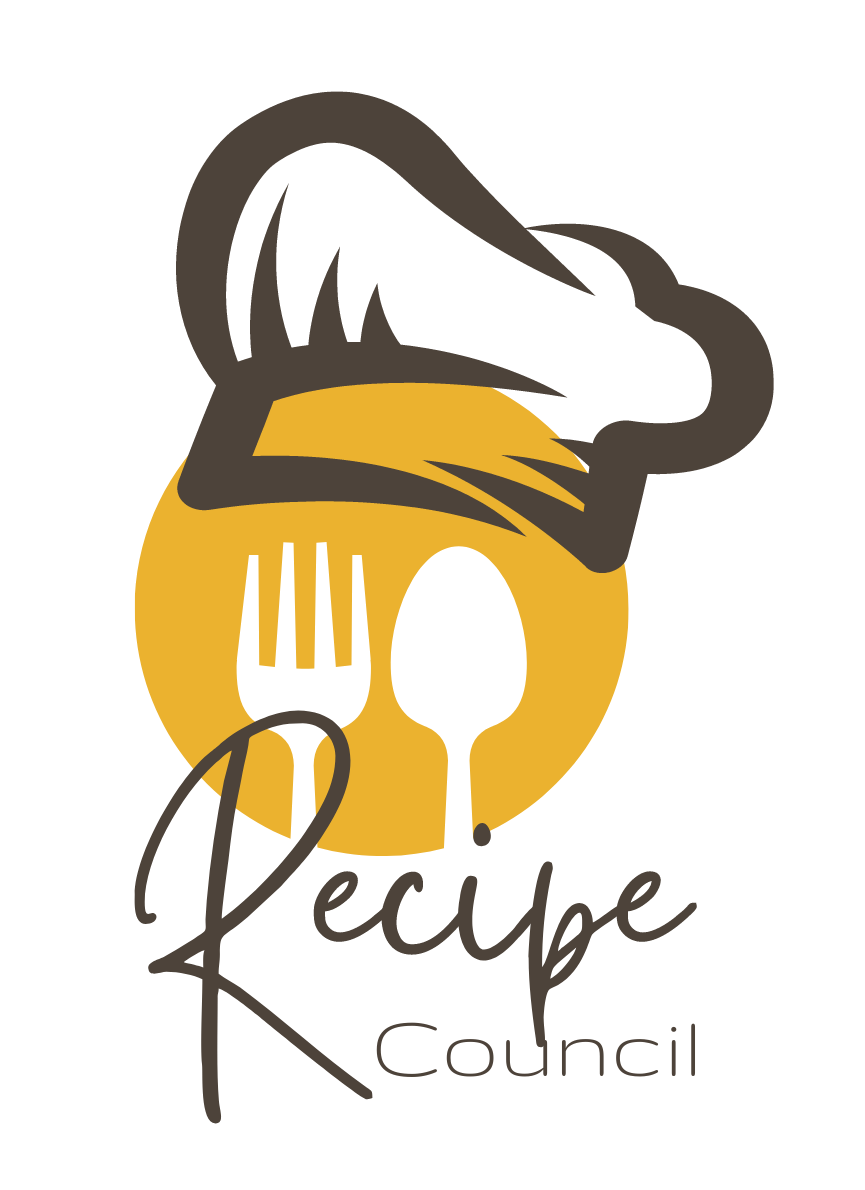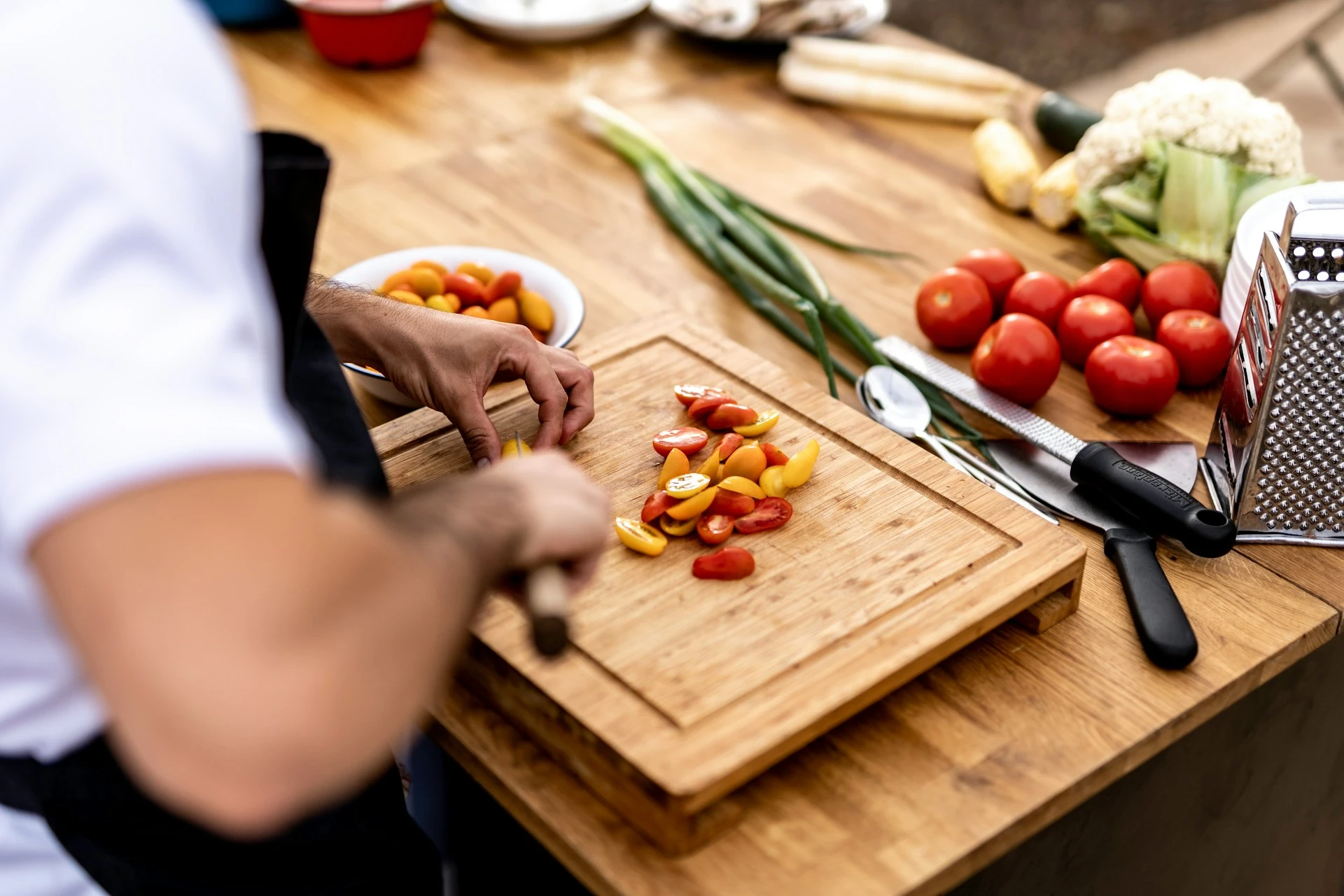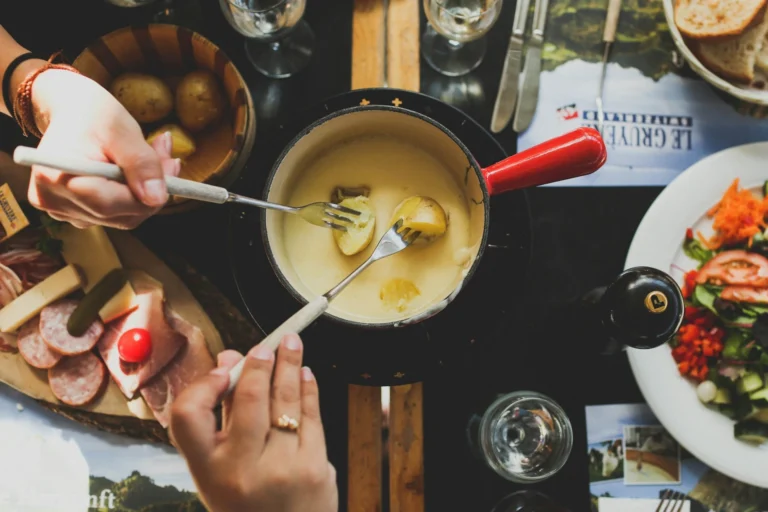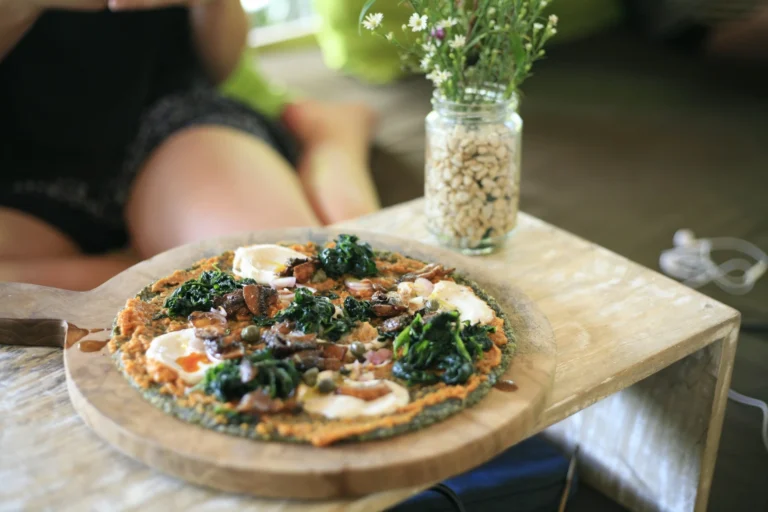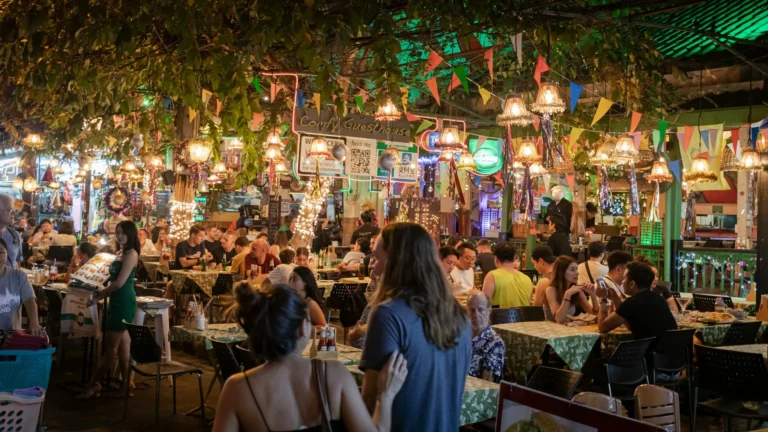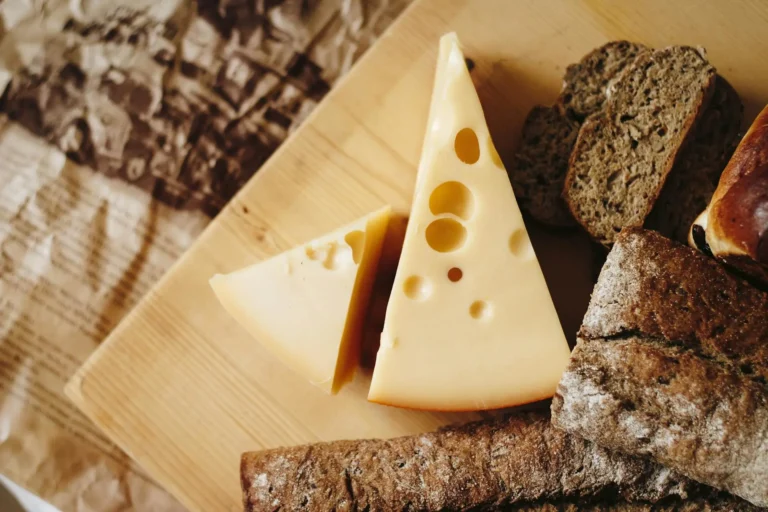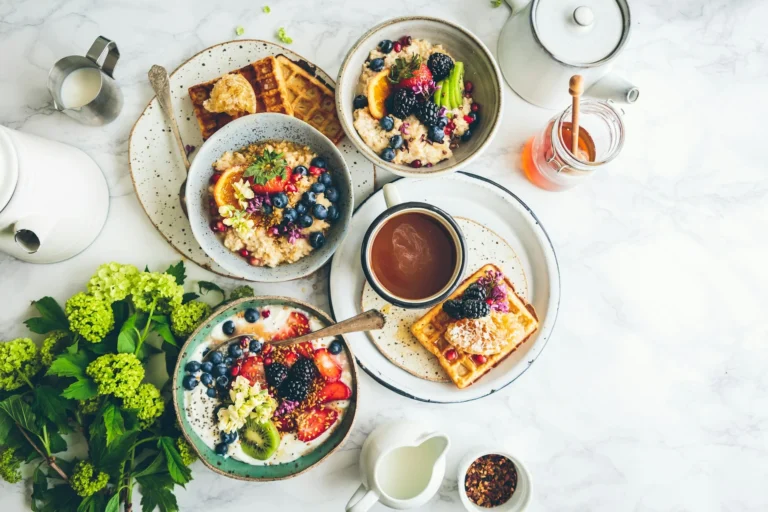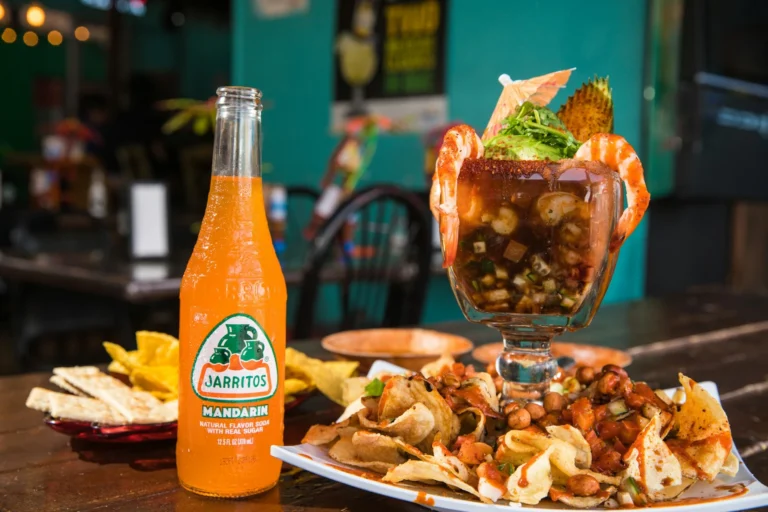Cooking Classes for Foodie Travelers: Learn to Cook Like a Local
When traveling to different places in search of good food, the best part is usually getting to eat local dishes. But what if you could go one step further and learn how to prepare such meals? You can fully integrate yourself into a culture by taking cooking lessons, learning the traditional recipes and ending up with skills that will stay with you forever. This work is an inclusive guide that looks at advantages of culinary courses for travelling food lovers, giving advice on most preferred locations, kinds of classes and what should be expected from the gastronomic encounters. Whether you are a professional cook or someone who simply loves kitchen experiments, these cooking classes will definitely bring some flavorsome changes into your voyages.
01. Why Take Cooking Lessons While Travelling?
Cooking classes provide a different view on the region’s food and culture. That is why you should undertake cooking lessons while travelling:
- Cultural Immersion: By learning from seasoned chefs and homely cooks, these cooking classes allow you to familiarize yourself with local traditions and customs.
- Hands-On Experience: Unlike merely eating in restaurants, cooking lessons enable you to get involved completely in preparing meals.
- Learn Traditional Recipes: Get hold of genuine recipes that have been handed down for many ages and acquire the skills that make them distinct.
- Meet Fellow Foodies: Classes offer opportunities for people who share the same love for food to interact with other explorers.
- Take Home New Skills: In future, this knowledge acquired during cooking classes can be applied even after your journey thereby helping you reproduce your favorite meals at home.
02. Famous Cookery Class Locations
There are several destinations that are famous for their culinary traditions and hence can make great places for cooking classes. These most popular locales to learn how to cook like locals include the following:
2.1 Florence, Italy: A Taste of Tuscany
Florence is a culinary treasure in the heart of Tuscany renowned for its rich food culture and traditional Italian dishes. Below are reasons why Florence must be considered a leading destination in terms of attending cooking classes:
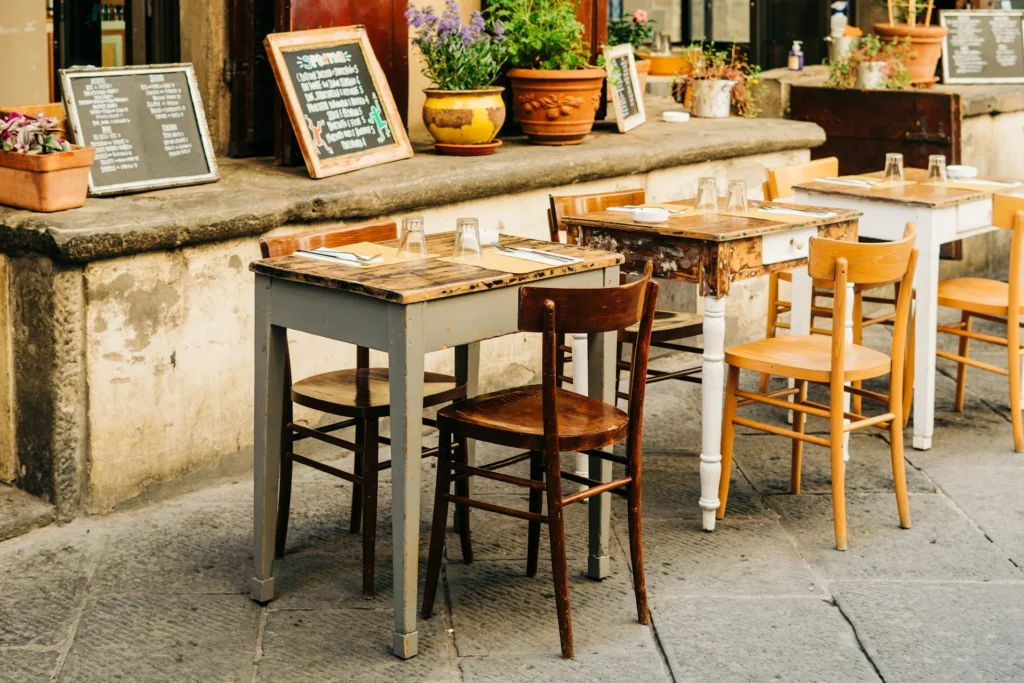
- Tuscan Cuisine: This primarily means learning how to prepare the traditional dishes of Tuscany, such as ribollita, pappa al pomodoro, and Bistecca alla Fiorentina.
- Fresh Ingredients: Cooking courses in Florence typically concentrate on fresh ingredients sourced from around the area which mirrors the region’s preference for quality.
- Market Visits: Other tours incorporate visits to nearby markets including – Mercato Centrale where one can discover more about in-season fruits and handcrafted items.
2.2 Bangkok, Thailand: The Cradle of Thai Cuisine
Thai cooking is best learnt in Bangkok as it is a vibrant city with a lively food scene. Why you should visit Bangkok for cooking classes:
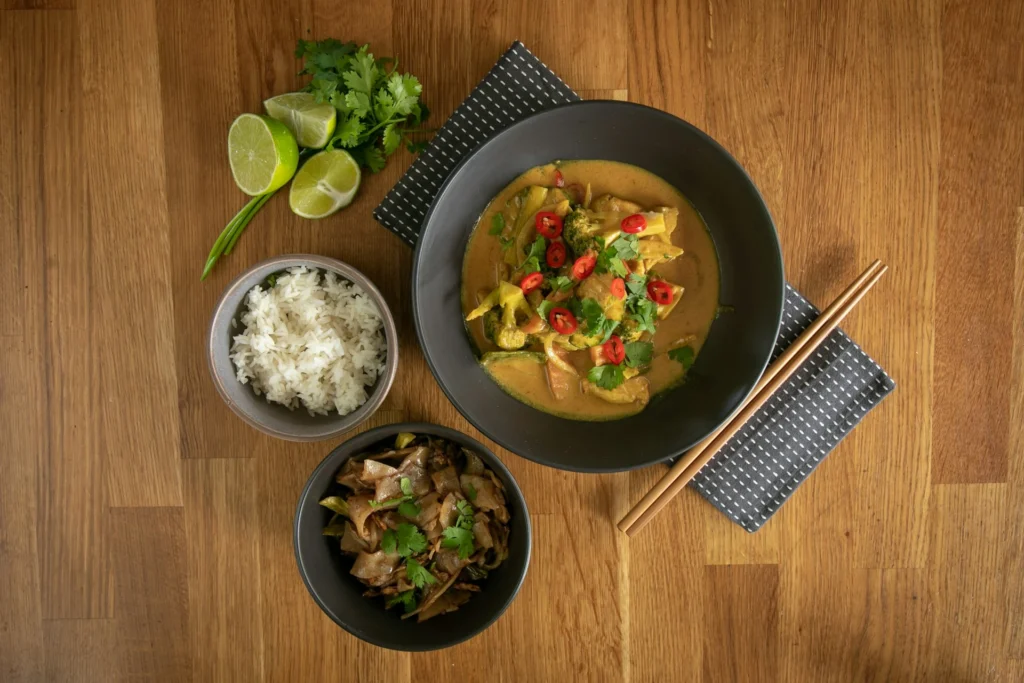
- Thai Classics: Learn to make traditional Thai dishes such as pad Thai, green curry and tom yum soup.
- Street Food Influence: Many of the cooking classes in Bangkok are influenced by the famous street foods found on its streets. This provides an alternative view on Thai cuisine.
- Culinary Schools: Famous culinary schools offering professional-level cooking lessons for tourists are located in Bangkok.
2.3 Paris, France: The Capital of French Gastronomy
Cooking courses offered in Paris reflect its diverse culinary traditions; which is why it has become a popular destination for students. Here’s why people prefer to take up their cooking classes in Paris:

- French Pastries and Baking: Get to know how to bake traditional French pastries like croissants, éclairs or macarons.
- Fine Dining Techniques: Classes on Parisian cooking usually concentrate on fine dining techniques enabling one to create gourmet meals.
- Wine Pairing: Some of these include wine pairing where you can learn more about French wines.
2.4 Mexico City, Mexico: A Flavorful Festivity
Mexico City is a street food Mecca with rich culinary heritage, and thus a great place to learn Mexican cooking. Here is why Mexico City is a great place for cooking classes:
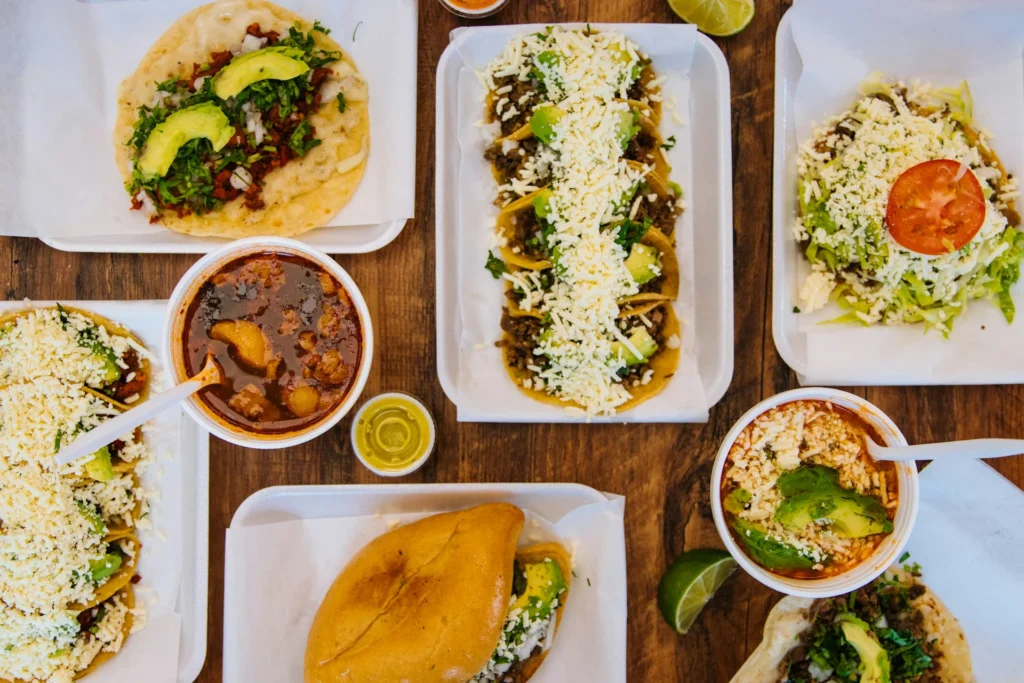
- Traditional Mexican Dishes: Learn how to make traditional Mexican dishes like mole, tamales, and chiles en nogada.
- Regional Cuisine: Many cooking classes in Mexico City explore Mexican regional cuisine that offers an assortment of different tastes.
- Hands-On Experience: In many cases, the lessons concentrate on practical sessions of cooking where you take part in every step of the process.
03. Anticipated Aspects of Cooking Classes
For a food lover on the move, there are various types of cooking classes that offer one unique experience or another. These are the things you should expect in these courses:
3.1 Small Class Numbers
Cooking classes often have small group sizes to allow personalized attention and interaction with your instructor. This setup makes it an intimate and interactive experience.
3.2 Instructors Who Are Experienced
Cooking classes are typically taught by seasoned chefs or home chefs who have good knowledge of their cuisine. They often reveal local traditions and techniques.
3.3 Practical Cooking
Most cooking classes are hands-on, meaning you get to be involved in the cooking process. It helps you learn through practice hence gaining real life skills.
3.4 Tasting Sessions and Meals
Normally, cooking lessons finish off with food sampling or shared meals where participants can enjoy their creations. This communal characteristic enhances the whole experience.
3.5 Recipes Takeaways
Several cooking classes give out recipes for dishes learned so that they can be replicated at home. Such recipes will also keep your memory fresh about where you were culinary speaking during that time.
04. How to choose the right cooking class
It is possible for one to have an enhanced traveling experience through selecting the right cooking class. Here are some tips on how you can identify a good class.
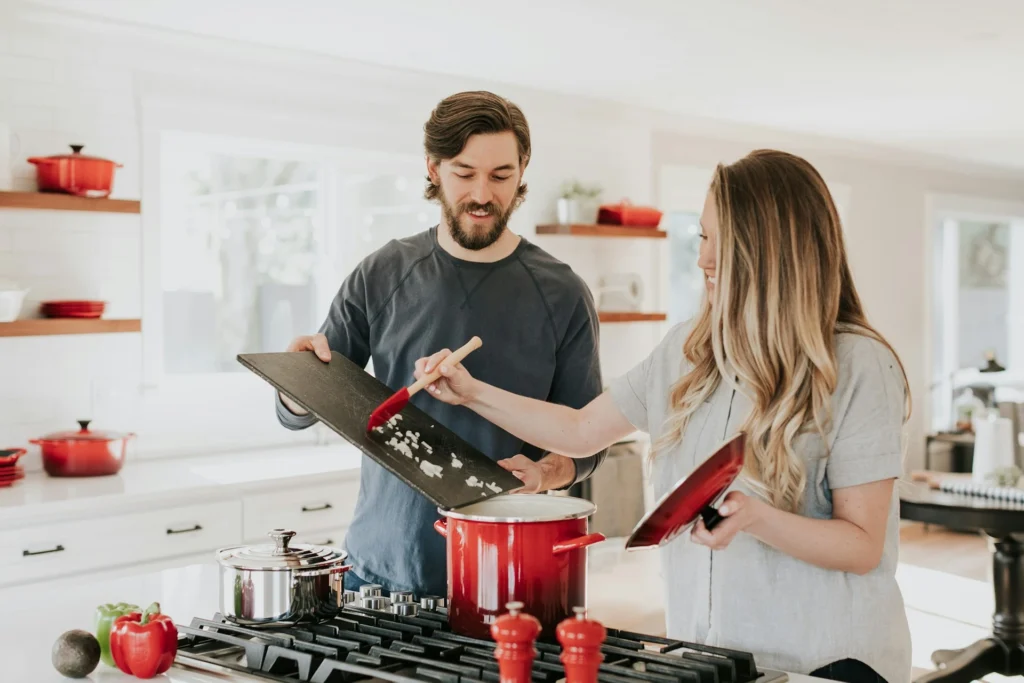
4.1 Your Interests
A cooking class that resonates with your culinary interests should be chosen. Whether you love baking, street food or fine dining, there is always a class for you.
4.2 Check Reviews and Recommendations
Before booking any of these classes, make sure to go through other travelers’ reviews and recommendations. This kind of research enables one to get good references on reputable cooking classes.
4.3 Location and Duration
The location and duration of the cooking classes might also be considered. Some include market visits or excursions while others are purely hands-on instruction. Choose a course according to your timing preferences and travel plans.
4.4 Group Size and Interaction
Make sure that you join small group so as to obtain individual attention in the cooking class. Smaller groups often provide more engrossing experiences.
4.5 Language and Communication
It is important that one understands the language in which a particular culinary program is run in before enrolling in it. For instance, some of these programs do have bilingual instructors who can translate making them suitable for international travellers too.
05. Conclusion
The cooking classes for foodie travelers represent an exceptional approach to understanding the eating and cultural patterns of a locality. These courses, from familiarizing with customary culinary recipes to becoming proficient in various cooking methods, enable you to get involved in your travel experience. Every cooking course, whether it is meandering through Bangkok roads or just making croissants around Paris provides an opportunity of appreciating indigenous customs as well as learning fresh cuisine techniques. Selecting an appropriate cooking class and fully participating in hands-on methodology will lead to timeless experiences and enhance your knowledge of cookery techniques.
06. Frequently Asked Questions
01. What should I bring to a cookery class?
Clothing that is comfortable, shoes that cover the toes and for taking notes- a book are necessary. It is important to verify if they provide aprons with you.
02. How long do cooking classes usually take?
Cookery classes can last for several hours up to the whole day. Some of them may even have additional activities such as going to the market or even wine tasting.
03. Can beginners attend cooking classes?
Absolutely! Many beginner courses provide step-by-step directions and advice from trainers who are often very patient and ready to answer any questions.
04. Is it possible to hire private cooking lessons?
At times a few culinary schools offer private lessons for individuals and small groups thus giving more specialized training.
05. How much do cooking classes cost?
The cost of taking up a culinary course may be different depending on several factors such as location, timing or level of expertise. Thus, prices here can differ greatly from being cheap or expensive based on what niche of cooking you want learn more about.
